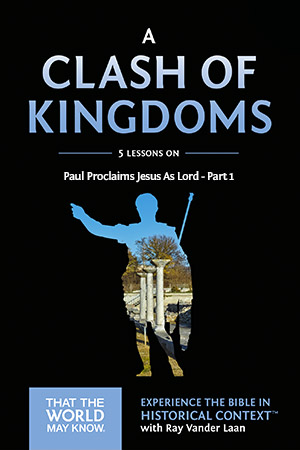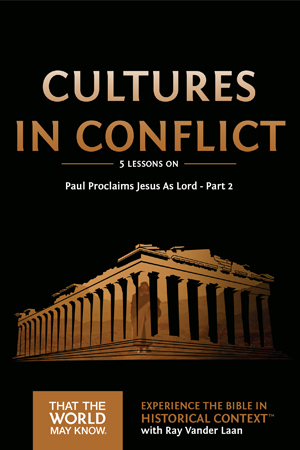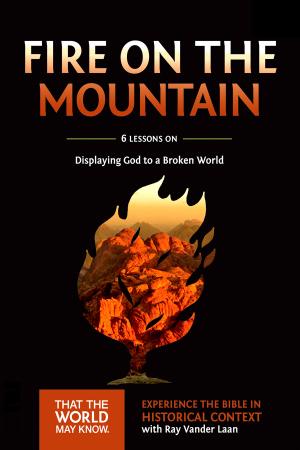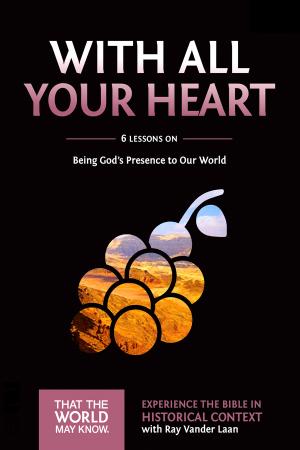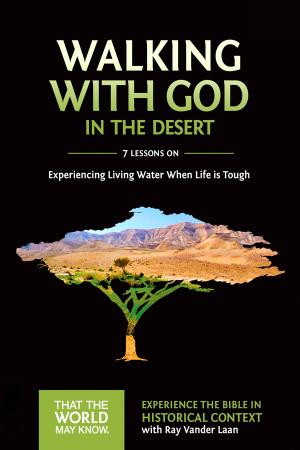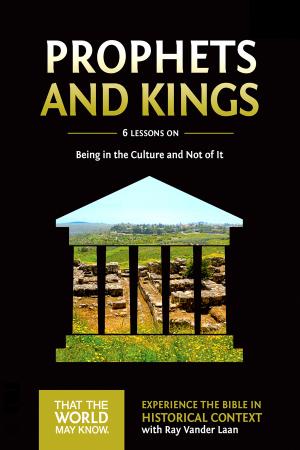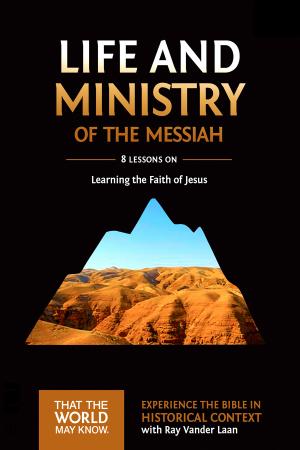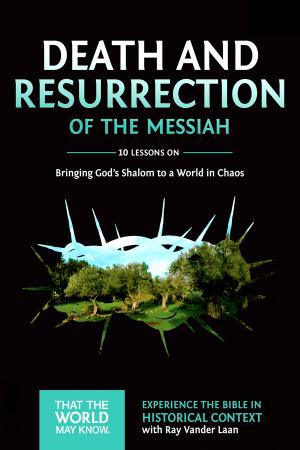
Anything associated with the worship of other gods and any behavior that perverts the lifestyle God intended human beings to live. Leviticus 18 contains a list of unlawful behaviors (e.g., incest, adultery, homosexuality, bestiality). As he demons...

The father of the Jewish nation (Gen. 12-25). God called Abraham out of his home country and promised to give him the land of Canaan (Gen. 15). God also promised that all the people on earth would be blessed through Abraham; God's people today can...

Means "bottomless pit." In the New Testament, the sea symbolized chaos, evil, and evil beings. The depths of the sea were seen as the home of demons, or the Abyss, according to Jewish tradition.At one point during his ministry, Jesus com...
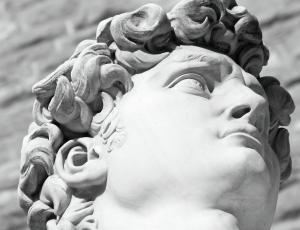
The king of the Philistine city of Gath, who twice gave refuge to David. (1 Sam. 21:10-15).

The king of the Philistine city of Gath, who twice gave refuge to David. (1 Sam. 21:10-15).

As the early church grew, believers had two choices: (1) to go along with the pagan world in order not to create offense and endanger themselves and their families; or (2) to stand firm and declare that Jesus was Lord and risk suffering, even deat...

A fortified hilltop, often the highest hill in the area.

A fortified hilltop, often the highest hill in the area.

The first man God created. He did not obey God and brought sin and death into the world (Gen 1-5). Jesus is compared to Adam because Jesus is a new beginning for the human race. Jesus brings life to those who believe in him.
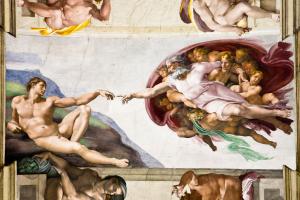
The first man God created. He did not obey God and brought sin and death into the world (Gen 1-5). Jesus is compared to Adam because Jesus is a new beginning for the human race. Jesus brings life to those who believe in him.

Body of water east of Greece dotted with many islands. Scholars believe the Philistines came from this area.

Hadrian, the Roman emperor, destroyed Jerusalem after defeating the Jews during the Second Jewish Revolt (AD 132-135). He renamed it Aelia Capitolina and erected a temple to the Roman god Jupiter.
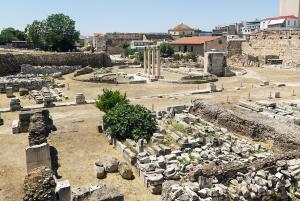
Public square of marketplace.

The grandson of Herod the Great, to whom Emperor Claudius gave Herod the Great's entire kingdom. He arrested Christians, had James put to death, and imprisoned Peter. Agrippa l died when he allowed people to treat him like a god (Acts 12:21%u20142...

The great-grandson of Herod the Great. He discussed Paul's case in Caesarea with governor Festus, heard Paul's conversion testimony, and recognized that Paul was trying to persuade him to become a Christian (Acts 25:13, 23;26:1).

City near Bethel, north of Jerusalem, that was destroyed by Joshua. It controlled the approach to the mountain range from the east.

Valley connecting the coastal plain and the Judea Mountains where Joshua made the sun stand still.

A place where people would bring gifts to God. Altars were usually flat on top, and made of dirt, rocks, wood, or metal.

Located in the holy place or priests' room of the tabernacle or temple, just outside the Holy of Holies. The altar was 1.5 feet square and 3 feet high. The incense symbolized the "sweet smell" of the worshipers' prayers going up to God.

Structure used for presenting sacrifices to God. A large altar of sacrifice stood in the outer court of the temple at Jerusalem. It symbolically stood before God's presence to indicate the need for forgiveness before approaching God.
